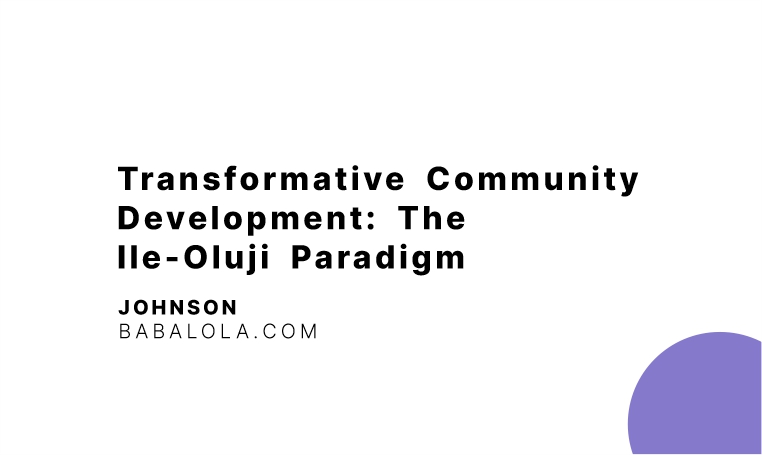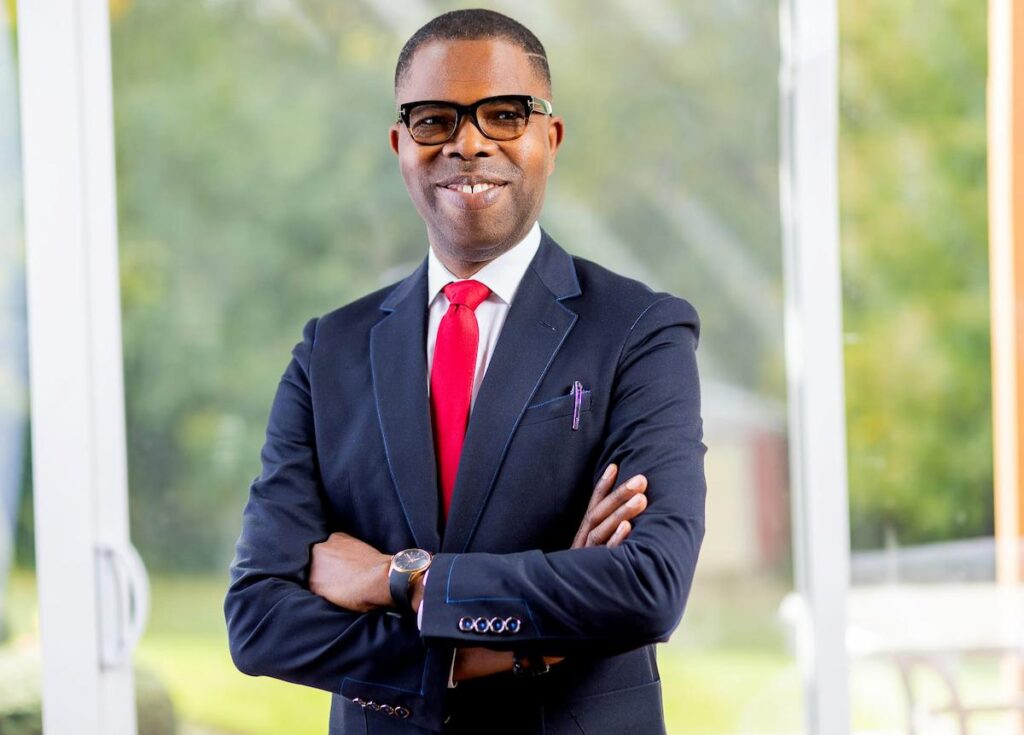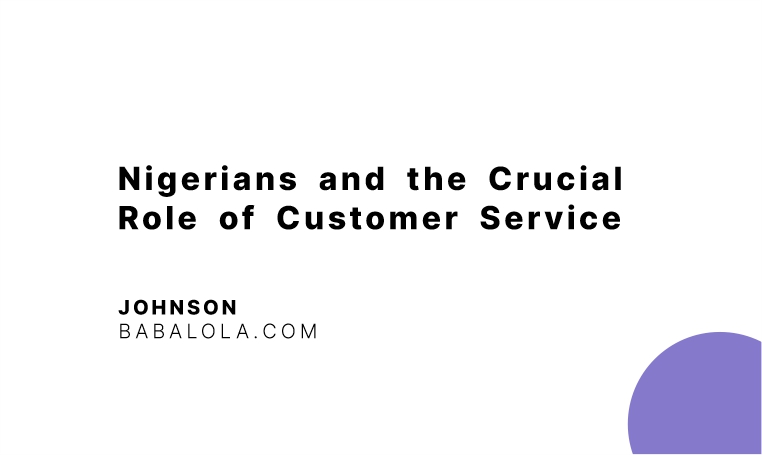Transformative Community Development: The Ile-Oluji Paradigm

Across Nigeria, both within its borders and beyond, there’s a prevailing sentiment that the government, at all levels, has fallen short of meeting the needs of the people. In acknowledging this, the crucial question arises: what steps have we, as a community, taken to uplift ourselves? Unfortunately, attempts to convene for discussion often devolve into divisive platforms, rife with ethnic, religious, and political tensions. We find ourselves pointing fingers at our leaders for not listening, yet struggle to lend an ear to each other.
Initiatives intended to address local concerns, such as improving schools or hospitals, frequently get sidetracked. These platforms morph into spaces for unrelated announcements, overshadowing their original purpose. Even when managing a modest group proves challenging, we are quick to blame leaders who, in essence, are part of our collective responsibility.
A visit to local schools prompts introspection. Why have we not actively participated in groups dedicated to enhancing these institutions? Instead, we often showcase their inadequacies on social media, perpetuating negativity. The interconnectedness between human development and national growth should underscore the importance of caring for these institutions, irrespective of personal connections.
Given the government’s struggles to meet our needs, there’s a pressing need for communities to take charge of their development. Relying on a single affluent individual is insufficient; true strength lies in unity. A paradigm shift is required, moving away from monthly gatherings focused on personal celebrations to a concerted effort toward community building.
Consider the case of a dilapidated primary school in a friend’s village. As a skilled bricklayer, he had the capability to organize fellow professionals to repair the school. Instead, their gatherings revolved around personal events, with no thought given to community development.
Traditional rulers, often seen in lavish celebrations, should redirect their influence towards community fundraising. Perhaps evaluating their impact annually would ensure their effectiveness in addressing the needs of their subjects. Aligning our practices with successful community development models from first-world countries is essential.
However, amid these challenges, hope persists. Stories of individuals making significant contributions to their communities, like the one encountered in Toronto, provide inspiration. There, someone invested in the education system and infrastructure of their hometown, sparking a positive change.
A notable example of transformative community development is the town of Ile-Oluji in Ondo state. Led by the traditional ruler and community leaders, they organized indigenes at home and abroad to collectively address the deteriorating state of their schools. By dividing tasks and fostering healthy competition, they not only renovated buildings but also provided modern learning tools and promoted school enrollment. Their coordinated efforts are set to extend to healthcare and social amenities.
Communities should take cues from Ile-Oluji, working collaboratively to alter their narratives. If they lay a solid foundation today, the students of Ile-Oluji may excel in the future, contributing significantly to their state and country. It beckons a crucial question: What foundation is your community laying, and how are you contributing? Move beyond social media criticism, become a community organizer, and actively participate in building tomorrow’s leaders. This proactive approach is key to realizing the dream of a well-governed Nigeria. Enjoy your day, but let these reflections guide you toward positive action.
Johnson Babalola, a Canada and Nigeria based lawyer, leadership consultant, storyteller and corporate emcee, is a public affairs analyst. Follow him for discussions on real life issues that affect us all.
You can obtain a copy of his newly released book, REJECTED on Amazon, FriesenPress, Barnes & Noble, Kobo, Google Play, Apple Books, Nook Store etc.



